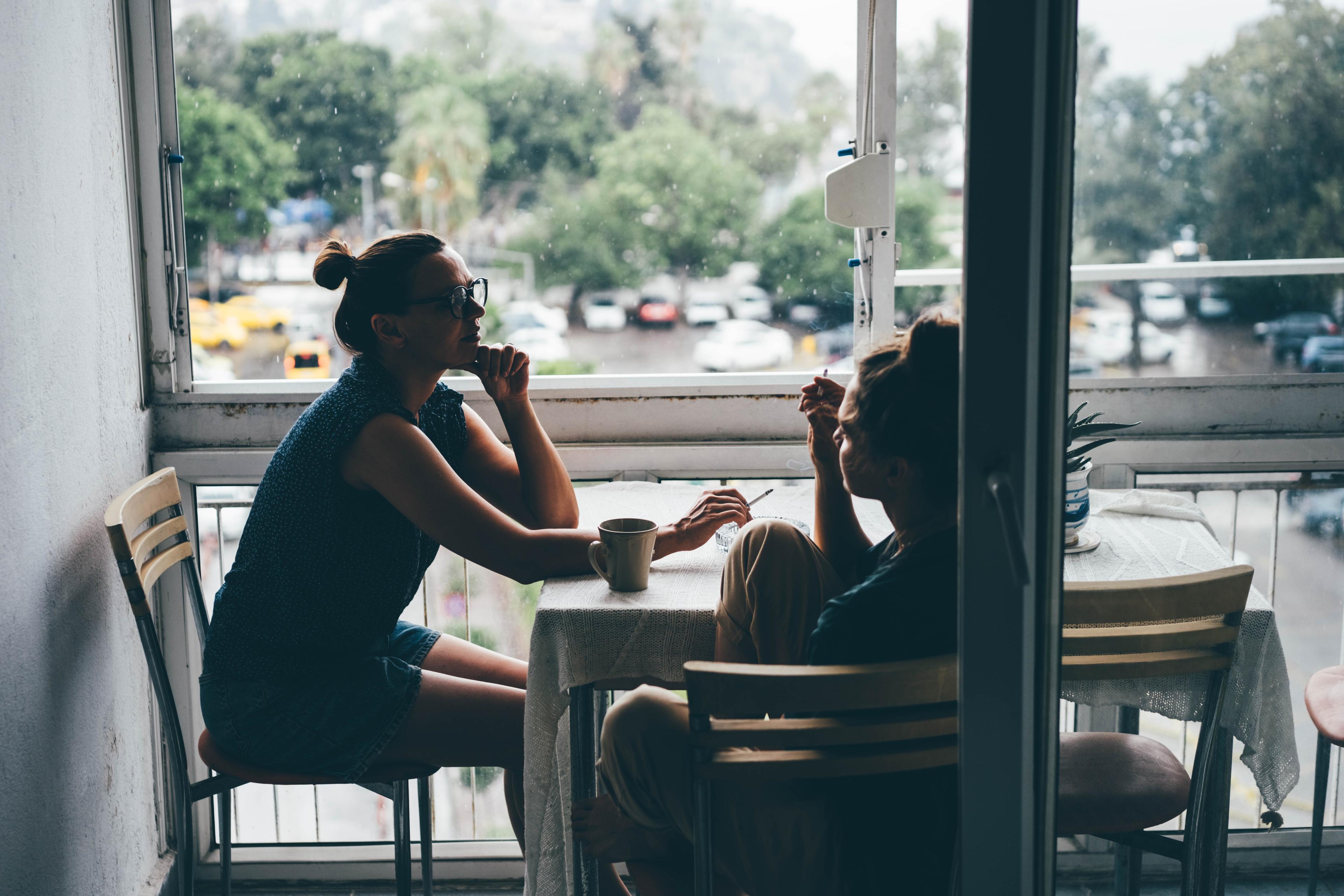
Rehashing your problems with friends can turn into a bad habit
Although ‘co-rumination’ bolsters relationships in some ways, it also distracts from other, better coping methods
by Shayla Love
Shayla Love is a science journalist based in Brooklyn, New York. A former staff writer at Psyche, her journalism has appeared in Vice, The New York Times and Wired, among others.
Written by Shayla Love

Although ‘co-rumination’ bolsters relationships in some ways, it also distracts from other, better coping methods
by Shayla Love

A largely forgotten psychological concept helps explain the insidiousness of minor problems – and what to do about it
by Shayla Love
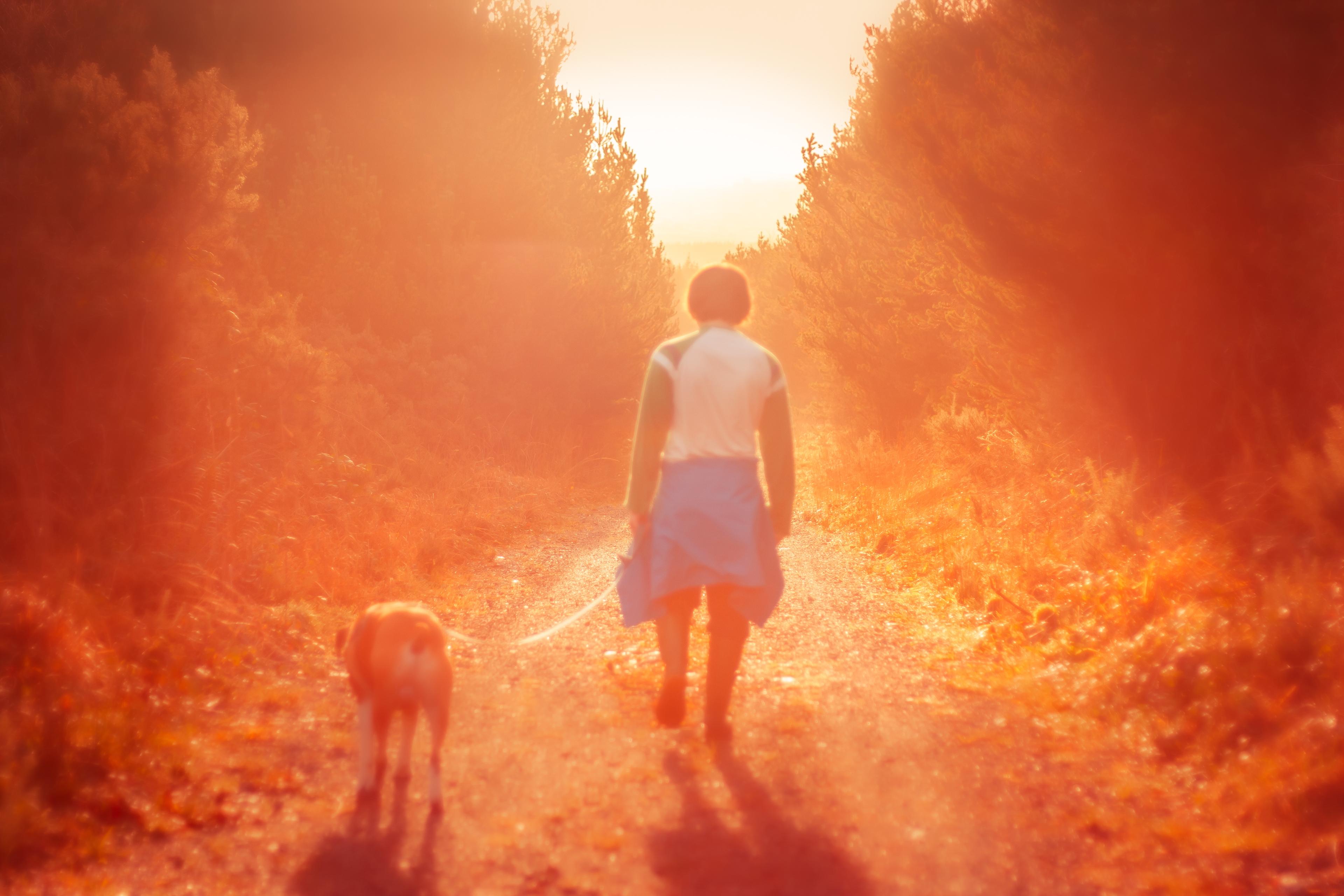
Scientists are studying the dreamlike states produced by anaesthesia – and their potential benefits for people with PTSD
by Shayla Love
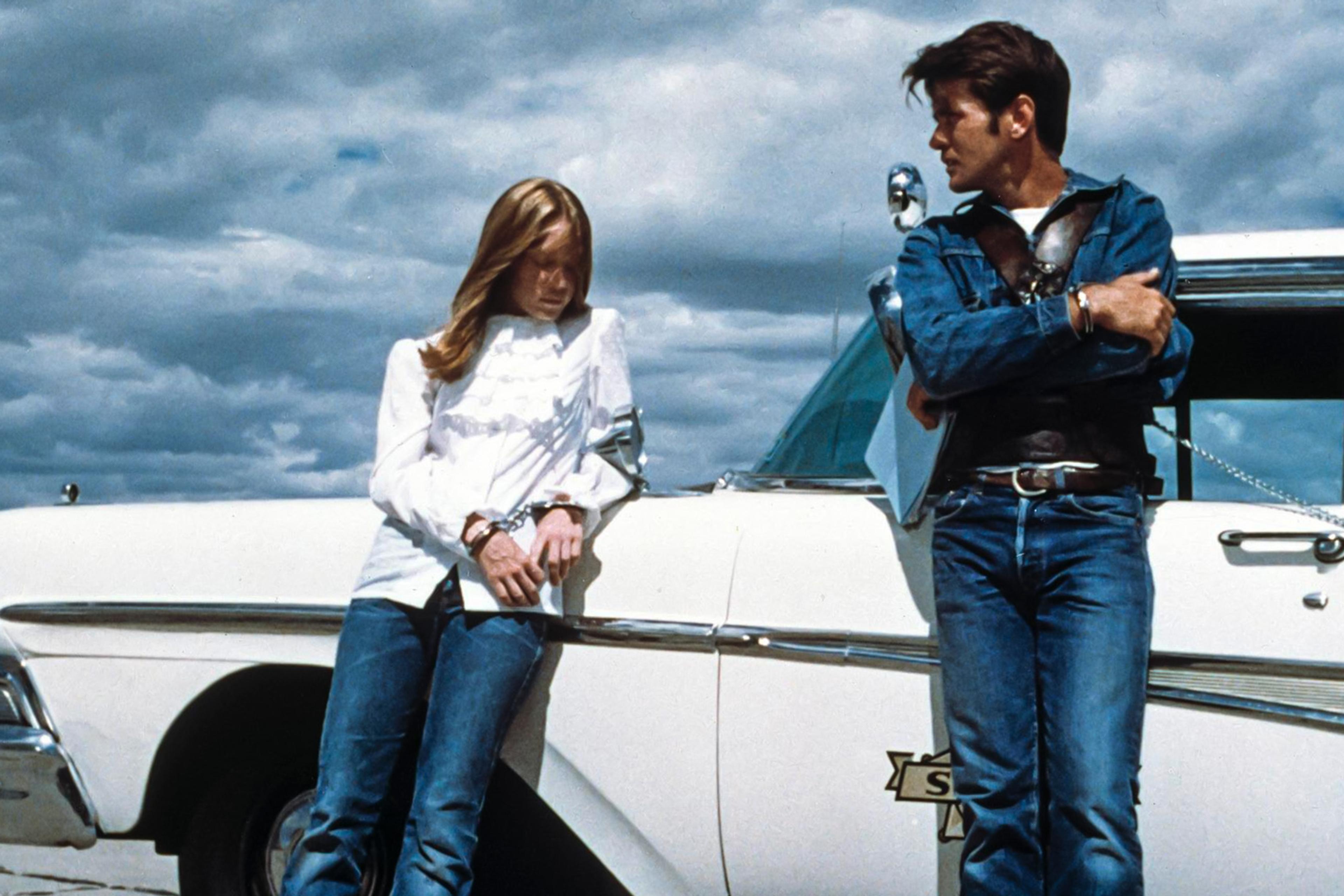
Inner speech is mysterious and hard to study. But movie voiceovers and introspective novels offer fresh ways to understand it
by Shayla Love
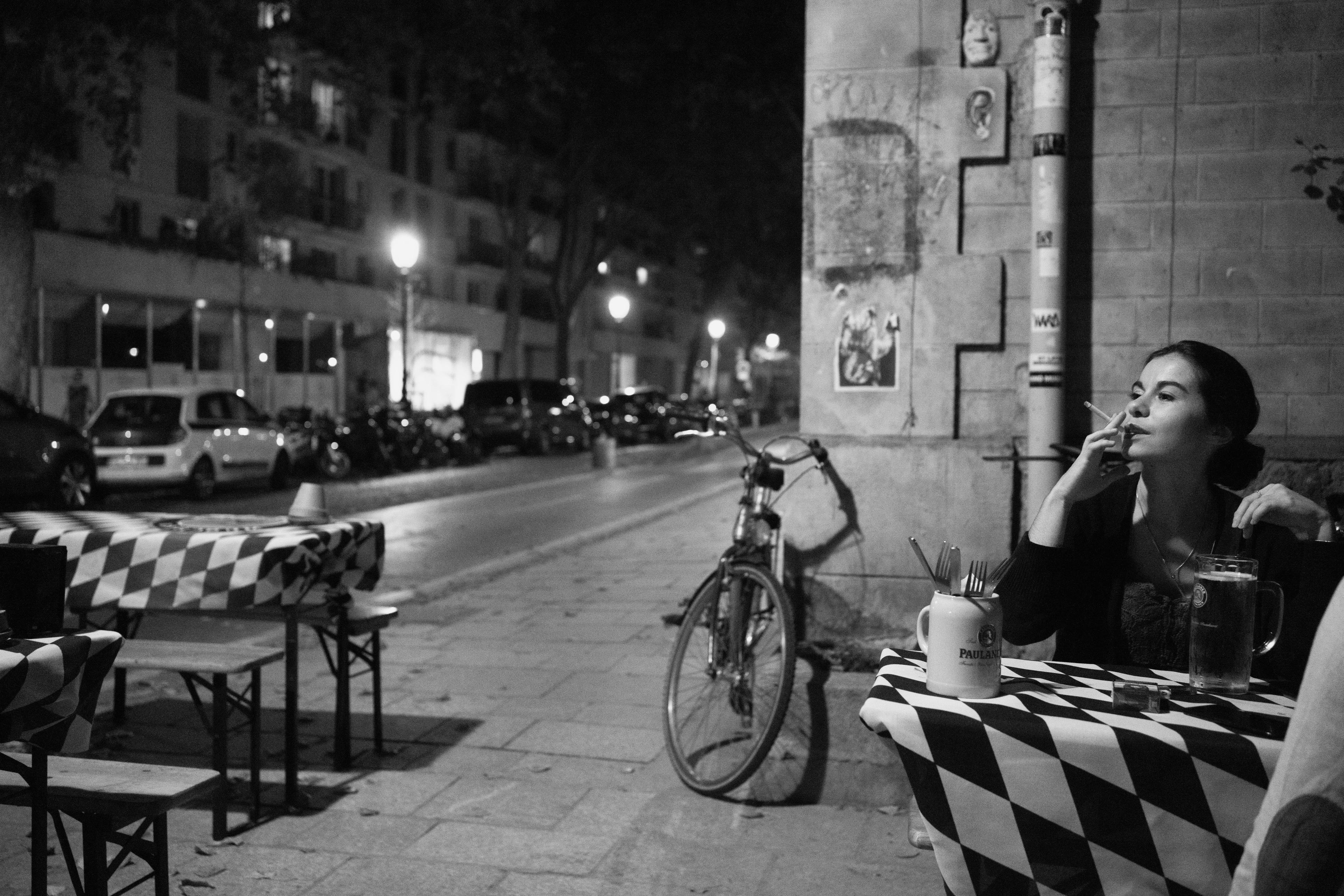
The distinct neurochemistry of wanting and liking is helping to make sense of addiction – and more everyday behaviours
by Shayla Love
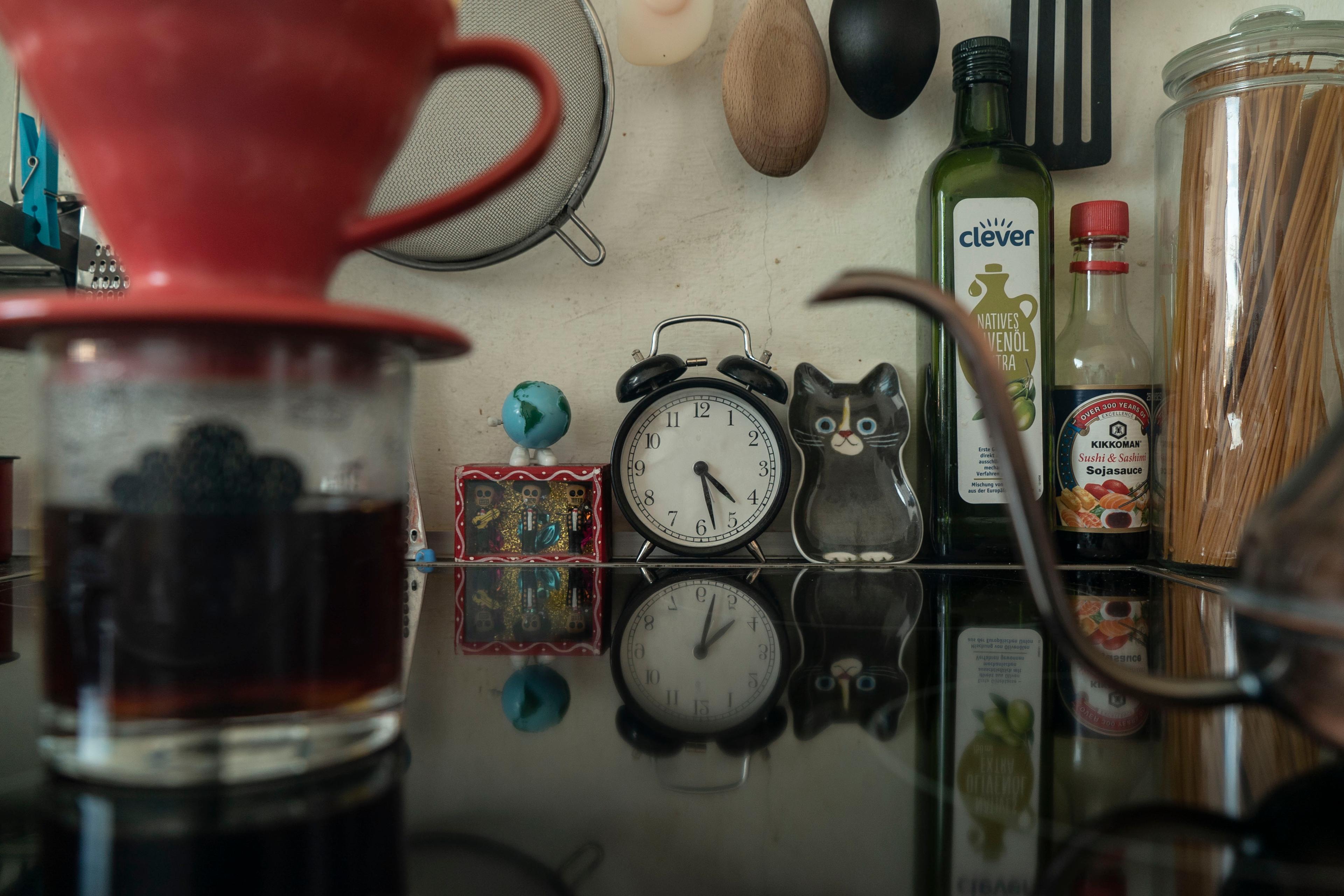
Do you stick to a set schedule, or have a looser relationship to the clock? It can affect more than how you plan your day
by Shayla Love
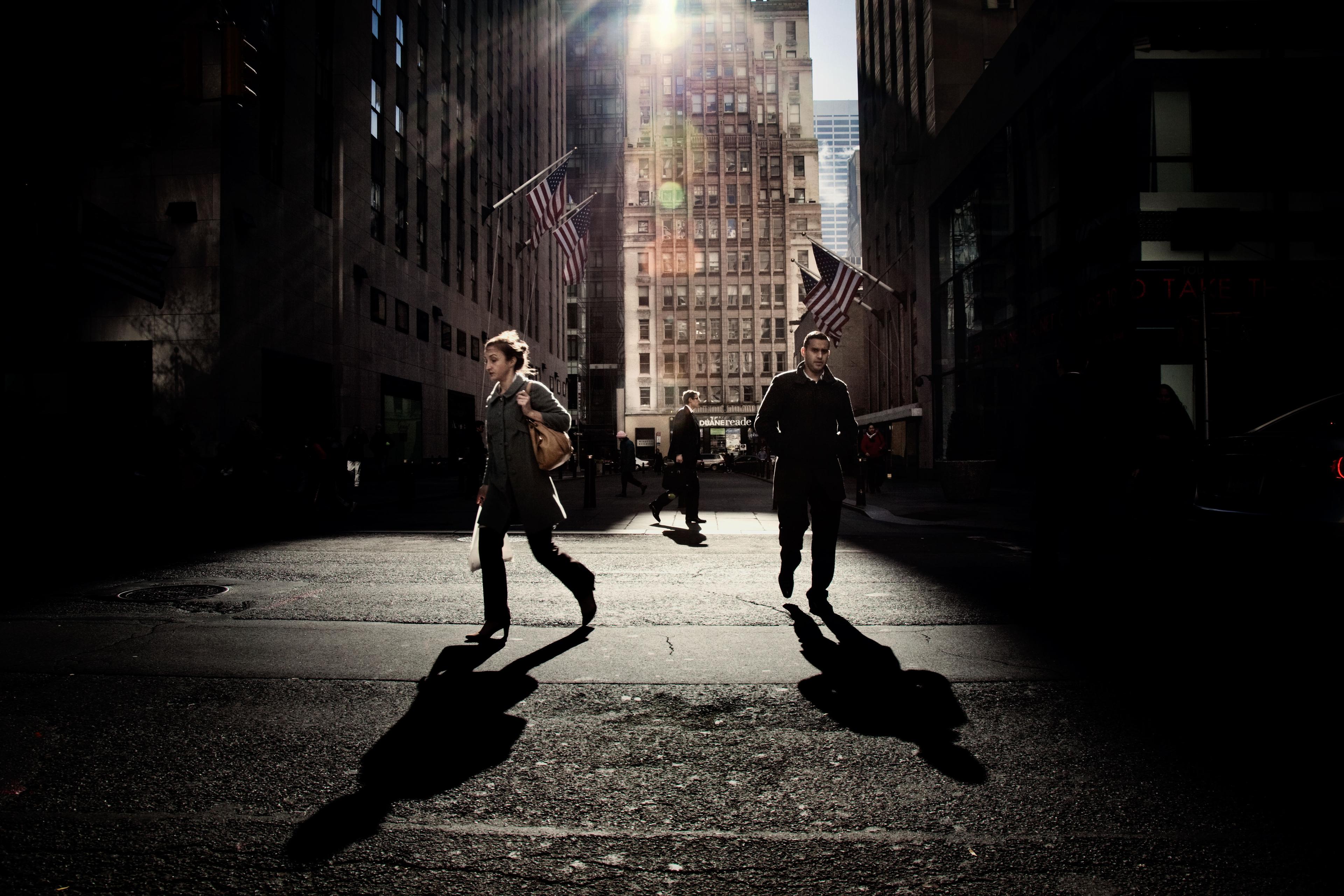
These experiences – which are more of an illusion than a hallucination – can be a healthy part of the grieving process
by Shayla Love
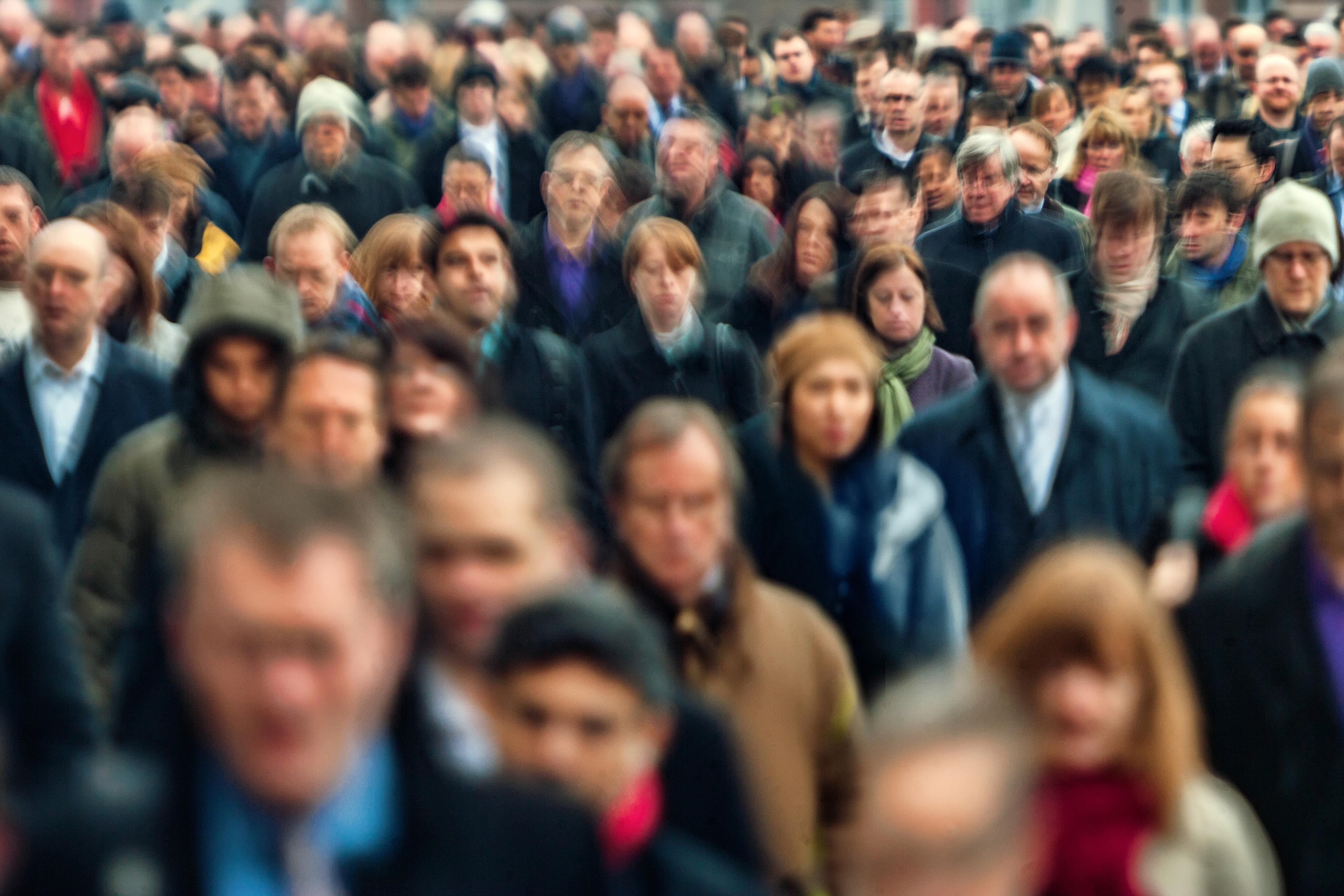
They’ve been studied by researchers and recruited by police forces, but what’s it actually like to be a super-recogniser?
by Shayla Love